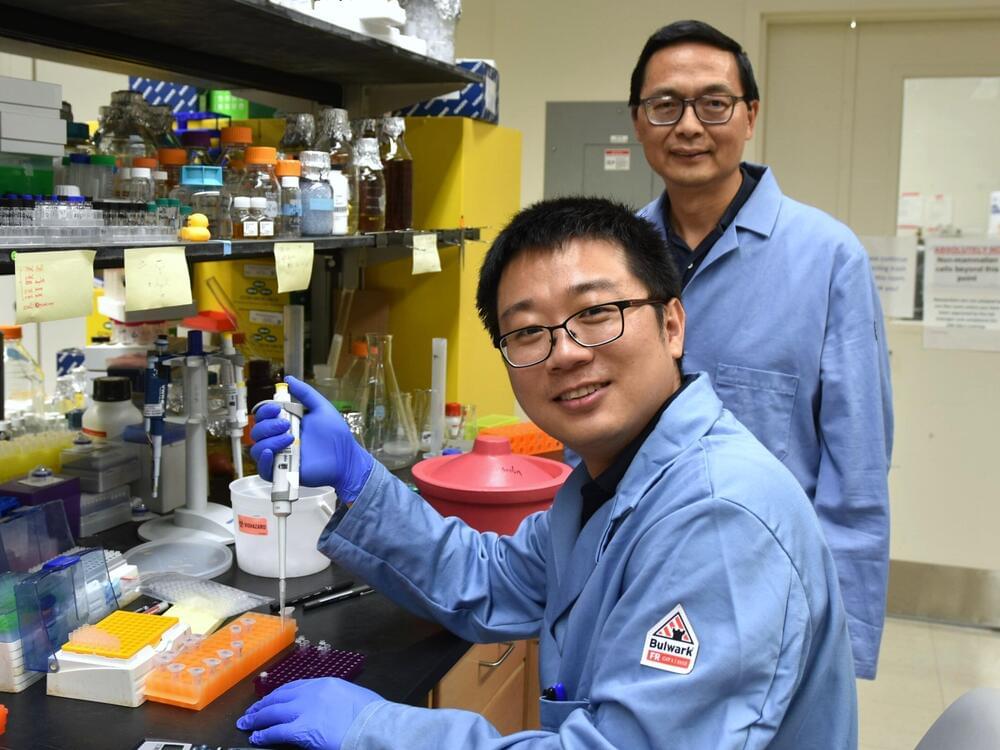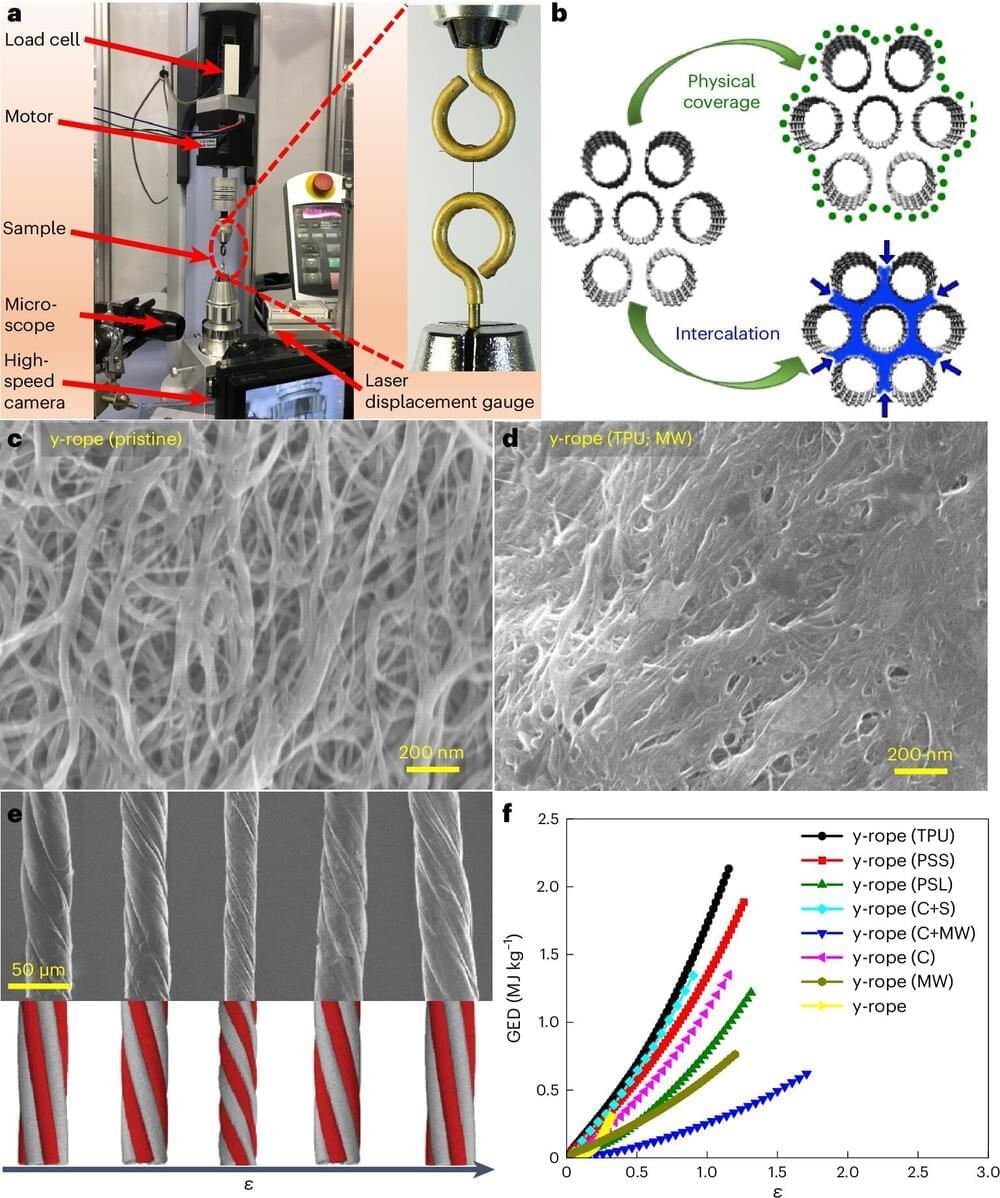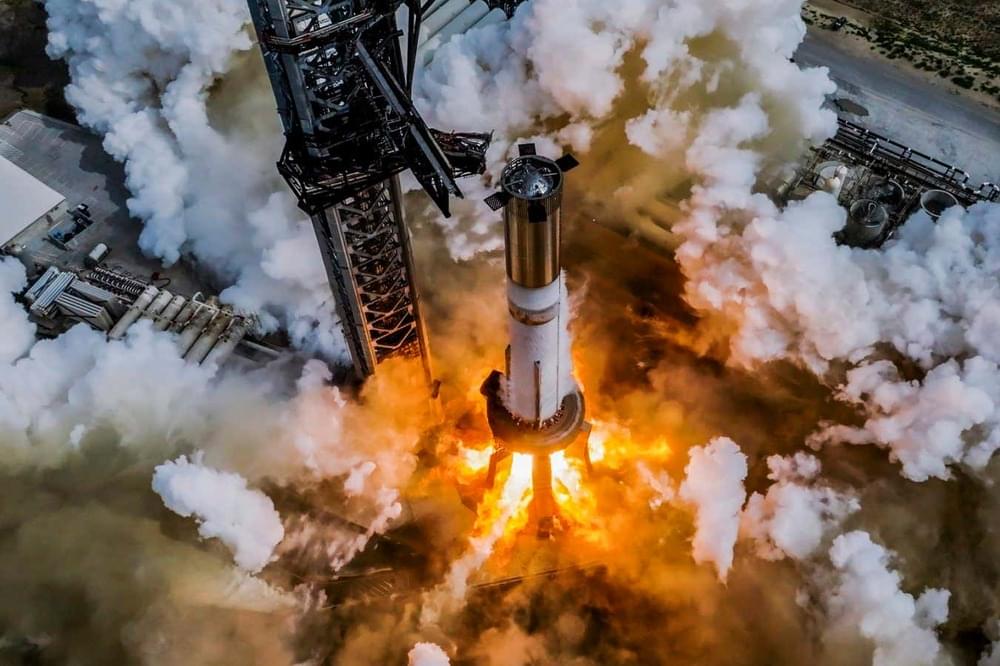Age ain’t nothing but a number, but ‘inflammatory age’ may be real.


Recent advancements in AI and robotics have led to significant breakthroughs, including a robot with a brain-on-a-chip in China and Skild AI’s development of a universal robot brain for complex tasks. Meanwhile, Zen Technologies in India has introduced Prahasta, a four-legged robot equipped with advanced LIDAR and AI for defense purposes, capable of navigating difficult terrains and carrying heavy loads. These innovations highlight the rapid evolution of robotics technology, blending artificial intelligence with physical capabilities in unprecedented ways, poised to transform industrial, defense, and healthcare sectors.
#ai #robot
Silicon Valley will make oil, nuclear, natural gas, coal, electric utilities, and conventional gas cars obsolete by 2030, leading to the greatest explosion in wealth in history by 2050 Questions to inspire discussion What industries will become obsolete by 2030? —Oil, nuclear, natural gas, coal, electric utilities, a.

Brighter with Herbert.

Popular and powerful AI tools► AI generated video➜https://bit.ly/MEandGPT►AI generated pictures➜https://bit.ly/PMEandGPT► AI dubbing➜https://bit.ly/MMEandGPT


An international team of scientists, including two researchers who now work in the Center for Advanced Sensor Technology (CAST) at UMBC, has shown that twisted carbon nanotubes can store three times more energy per unit mass than advanced lithium-ion batteries. The finding may advance carbon nanotubes as a promising solution for storing energy in devices that need to be lightweight, compact, and safe, such as medical implants and sensors. The research was published recently in the journal Nature Nanotechnology.
